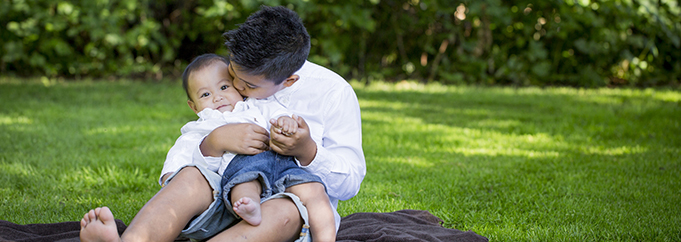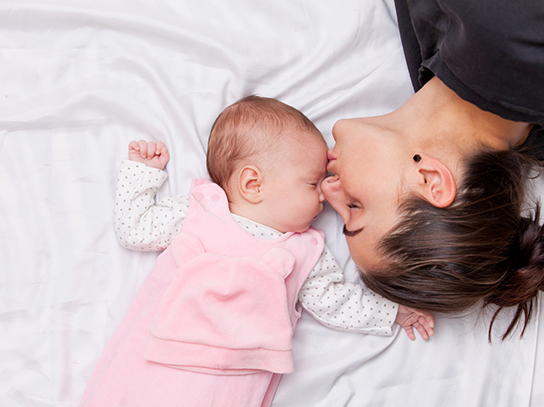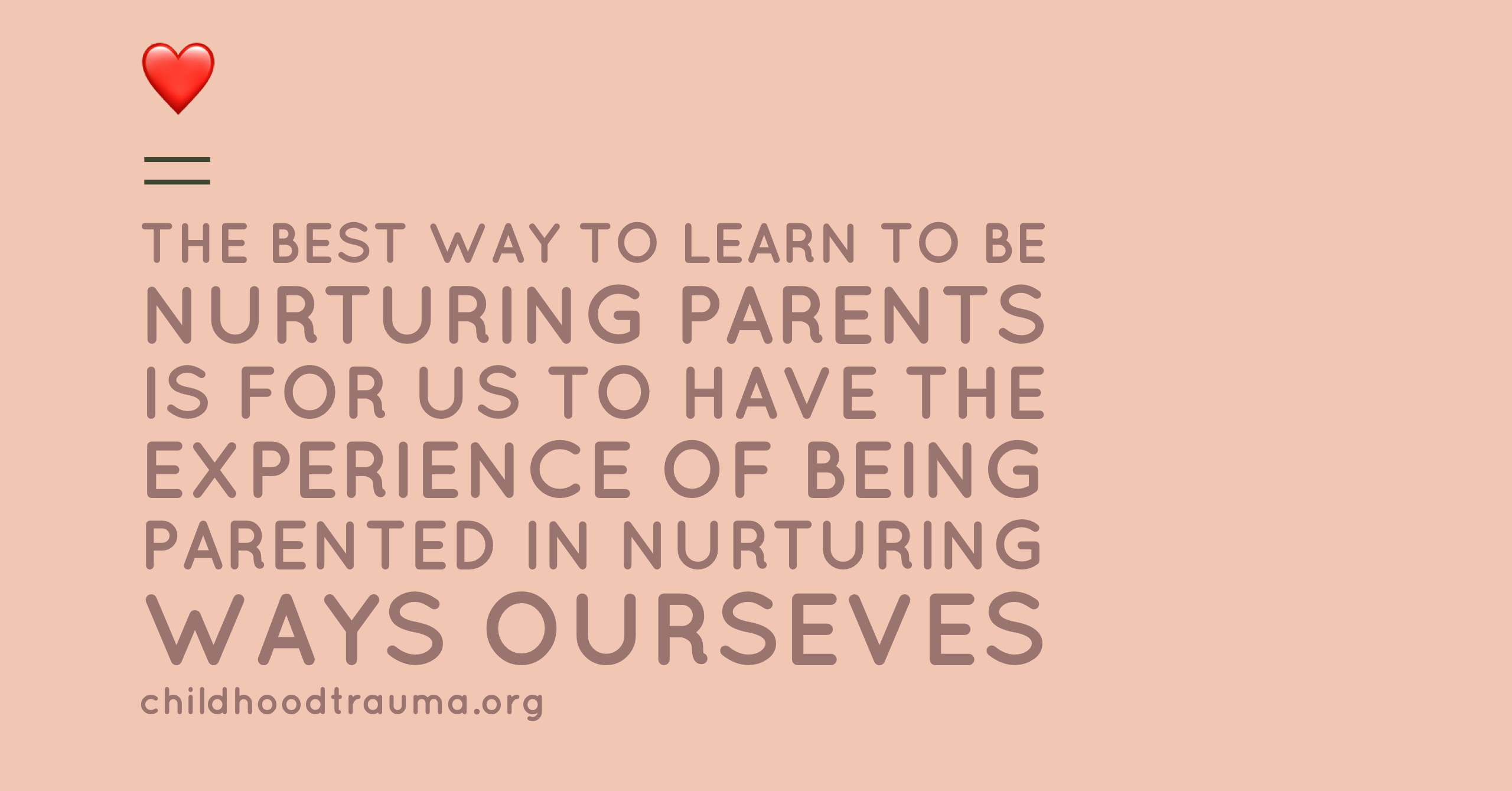
The Nature and Nurture of Parenting

This blog article was authored by Jeanette Miller,
Senior Consultant in the Parenting and Early Years Program,
at the Australian Childhood Foundation.
Thank goodness for different schools of thought!
That’s what gets us thinking, and what pushes us to question/modify/clarify/substantiate our own position on an issue.
Just this week I came across two separate pieces of information about the origins of individual parenting approaches (each of them by well respected, highly experienced and qualified professionals), …and found each of them taking a very different stance about the same issue…and it got me thinking…
 On Monday I read a recent report from the Parenting Research Centre which explores gaps between ‘expert’ and public understandings of effective parenting.
On Monday I read a recent report from the Parenting Research Centre which explores gaps between ‘expert’ and public understandings of effective parenting.
One of the gaps identified in this study was that members of the public assume that parenting happens ‘naturally’ and unconsciously, while ‘experts’ emphasise that effective parenting requires specific skills and practices and that programs and policies can improve parenting.
Then on Tuesday, I watched a podcast interview of Jon Baylin and Dan Hughes at the 2016 International Childhood Trauma Conference in Melbourne, where the pair were asked how we can help people to become more nurturing parents. They mentioned that in America, there are many parenting programs…which seems to assume that people can learn to be better at parenting by attending a parenting course. But Jon and Dan agreed that the best way for us to learn how to become nurturing parents, is for us to have the experience of being parented in nurturing ways ourselves.
In fact, Dan had already said that children who are already well-regulated, can learn cognitively how to manage relationships, but that for children who have missed out on the experiential learning about relationships… the felt sense of healthy relationship at work, in their formative years, it is much more difficult to ‘learn relationship’ cognitively. I wonder if those parents who have not experienced nurturing early care themselves, might be similarly placed.
That reminded me of a story that Bruce Perry tells, about a young woman with a terrible trauma history, who had been able to cognitively learn how to ‘do relationships’ later in life, but because she’d missed out on early life experience of nurturing care, Bruce said she would never ‘speak the language of love without an accent.’
What then might that mean for those of us providing parenting programs… particularly when we are working with parents whose early life care was damaging?

Perhaps it means that program content and cognitive learning opportunities in the sessions are far less important than the facilitator/parent relationship itself, and that we should focus our attention on ‘re-parenting’ those parents who did not grow up in safe, nurturing, respectful relational environments.
In such cases, it might be important for facilitators to be the ‘good enough parent’ for parents attending the program, so that they can be provided a felt sense of the experience of relying on another as their secure base; so that they can experience first hand, how it feels to have trust in another; so that they can have the experience of feeling heard and understood by someone who is stronger, wiser and kind.
So how do we learn to be parents? Is it nature? Is it nurture?
Can parenting programs really help parents to bring up their kids more effectively?
If we do develop parenting programs, what should be their primary objectives and focus?
What are your thoughts about this?
If you’d like more detail about the references cited here refer to :
Perceptions of Parenting: mapping the gaps between expert and public understandings of effective parenting in Australia (May 2016) A FrameWorks Research Report
And if you’d like to hear more about parenting from Jon Baylin and Dan Hughes, check out their co-authored book Brain-based parenting: the neuroscience of caregiving for healthy attachment…and its very recently published sequel: The Neurobiology of Attachment-Focused Therapy; enhancing connection and trust in the treatment of children and adolescents.
You can also see Jon and Dan live on their International Speakers’ tour of Australia in May and June 2017.
Find out more here.
